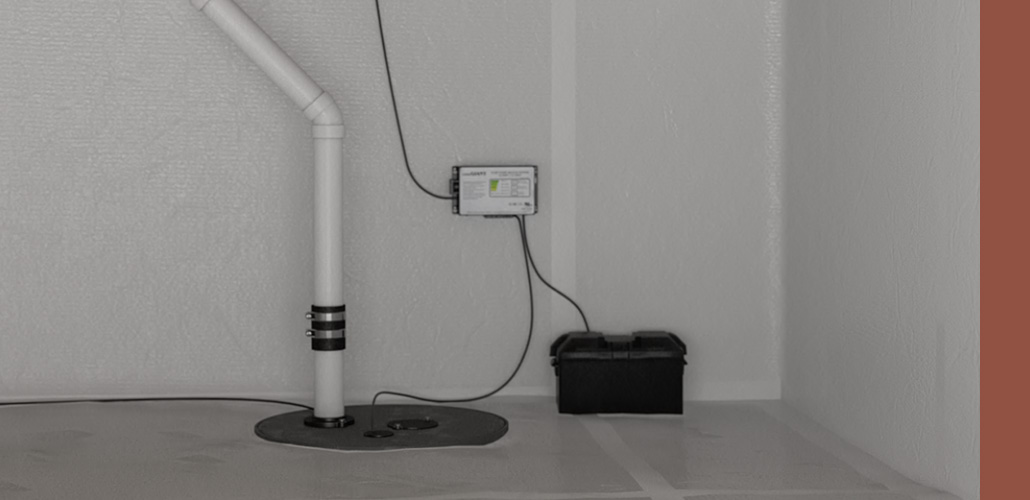Cutting-Edge Water Filtration Systems: Encouraging Healthier Living Settings
Wiki Article
Understanding the Key Components of Effective Water Filtering Systems

Importance of Water Filtration Equipment
Water purification systems play a vital duty in making sure accessibility to clean and secure alcohol consumption water by properly getting rid of pollutants and pollutants. These systems are crucial in addressing the expanding issues over water top quality and the potential health dangers linked with eating polluted water. By utilizing numerous filtering systems such as reverse osmosis, turned on carbon, and UV sterilization, water filtering systems can effectively get rid of dangerous materials like bacteria, infections, heavy steels, and chemicals from the water.In addition, water filtering systems help to boost the taste and odor of water by removing chlorine, sediments, and other toxins that can affect its quality. Pump repairs & installation. This enhancement in water high quality not just makes it more tasty yet also encourages people to drink an appropriate quantity of water daily, advertising much better hydration and overall health
Sorts Of Purification Parts

Physical filters are created to literally stress out contaminations from the water. These filters can be constructed from products like ceramic, carbon, and even sand, and they function by trapping particles bigger than the filter's pores as water travels through.
Chemical filters use various chemical processes to remove pollutants from the water. Instances include triggered carbon filters, which adsorb impurities, and reverse osmosis membranes, which use pressure to different impurities from the water.
Biological filters use living organisms like algae or bacteria to break down raw material and toxins in the water. These filters are usually made use of in wastewater treatment plants or natural water purification systems.
Recognizing the different kinds of filtering parts is vital for picking the most appropriate water filtration system for details filtration demands.
Feature of Sediment Filters
Sediment filters play a vital role in water filtering systems by efficiently recording strong particles suspended in the water. These filters are commonly the initial line of protection in a filtration system, getting rid of larger bits such as sand, silt, dirt, and rust prior to the water relocates through finer purification stages. By trapping these debris, the filters prevent them from reaching downstream parts, hence extending the lifespan and performance of the entire system.The function of sediment filters is important in preserving water continue reading this top quality and protecting delicate tools from damages triggered by debris. Furthermore, by getting rid site web of visible particles, debris filters improve the clearness and taste of the water. Regularly replacing or cleansing debris filters is vital to make certain optimal efficiency. Overlooking this upkeep can cause clogging, lowered water circulation, and jeopardized filtration effectiveness. In general, debris filters are essential components that add considerably to the efficiency of water filtration systems.
Duty of Turned On Carbon Filters
Playing a vital function in water purification systems, activated carbon filters are critical in getting rid of impurities and contaminants from the water supply. These filters are created to adsorb and catch a vast array of contaminants, including chlorine, volatile organic compounds (VOCs), pesticides, and herbicides. The activated carbon material has a huge surface area, enabling the reliable capturing of impurities with a process called adsorption. As water passes through the filter, the turned on carbon holds and draws in onto the pollutants, making sure that the water that appears beyond is cleaner and more secure for intake.Triggered carbon filters are extremely efficient at improving continue reading this the taste and smell of water by minimizing chemicals that can impact its top quality. Due to their versatility and reliability, turned on carbon filters are an essential component in making certain that water is purified to the greatest criteria before reaching consumers.
Recognizing Reverse Osmosis Equipments
Reverse osmosis systems are innovative water filtering systems that use a sophisticated process to eliminate contaminants and pollutants from alcohol consumption water. These systems work by applying pressure to the water, forcing it through a semi-permeable membrane. This membrane layer functions as an obstacle, enabling just distilled water molecules to travel through, while obstructing larger particles such as minerals, chemicals, and other contaminations. Therefore, the water that comes out beyond is considerably cleaner and more secure for consumption.In addition, reverse osmosis systems are reasonably low-maintenance and can be installed under the sink or in a main filtering system, offering convenient accessibility to tidy water throughout the household. On the whole, understanding just how reverse osmosis systems work can aid people make notified decisions about their water filtration needs.
Final Thought
Finally, reliable water filtering systems are vital for ensuring tidy and secure drinking water. The crucial components of these systems consist of sediment filters, triggered carbon filters, and reverse osmosis systems. By understanding the feature and role of each element, people can make informed choices when picking a water filtering system. It is very important to focus on the quality of water in order to advertise total health and wellness.Water filtration systems play an essential role in ensuring access to clean and risk-free drinking water by effectively eliminating impurities and pollutants. By making use of various filtering mechanisms such as reverse osmosis, triggered carbon, and UV sanitation, water filtration systems can successfully eliminate harmful compounds like bacteria, viruses, hefty steels, and chemicals from the water supply.
Debris filters play a vital duty in water filtration systems by properly catching solid particles suspended in the water (Water Softeners).Playing a vital function in water purification systems, triggered carbon filters are important in eliminating impurities and contaminants from the water supply.Reverse osmosis systems are innovative water purification systems that utilize an innovative procedure to remove impurities and impurities from drinking water
Report this wiki page